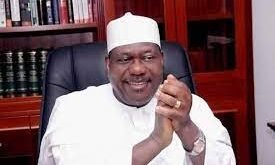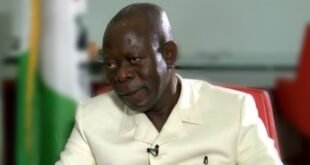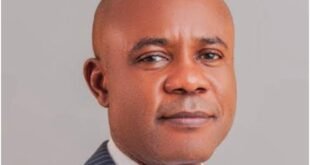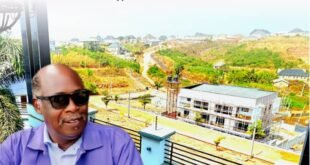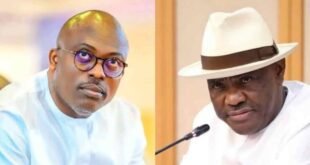The former presidential candidate of the Labor Party, Peter Obi, has issued a clarical call to all levels of government in Nigeria, urged the direct transfer of national priorities to critical sectors such as health care, education, and poverty alleviation.
His statement came in the middle of what he described as a deeper poverty crisis that had exceeded rural communities and was rooted in the centers of the city of Nigeria.
In a statement released on Tuesday through a verified X (previous Twitter) account, Obi painted a clear picture of Nigeria’s socio-economic landscape, quoting World Bank data that showed an increase in poverty levels. According to him, more than 75% of Nigerians in rural areas now live below the poverty line, while 41.3% of the city population is also classified as poor in April 2025.
“This shows that poverty is no longer just a rural crisis – it has become a national emergency,” Obi warned.
The former Governor of the State Anambra is not small in diagnosing the root of the problem. He linked the level of poverty that worsened with “years of priority that was wrong place” by the government in a row, quoting excessive expenses for non-productive efforts at the expense of the core human development area.
“Instead of investing in critical sectors, we continue to prioritize wasteful expenses on non-development projects such as conference centers, government homes and huts, guest houses, and official vehicle fleets,” he said.
Obi compared the current situation with past statistics, noting that in 2018/2019, only 30.9% of Nigerians lived below the international extreme poverty line. He described the current numbers more than double what had just been a few years ago – an indication, he said, about stable damage rather than progress.
Obi calls for a national rearrangement of the development objectives and urgent needs to invest in people through education, health care, and job creation – especially through support for micro, small and medium companies (MSMEs), which he identified as the main driving for economic recovery.
“We must rearrange what is really important. The decisions we make – what we build, funds, and focus – must be in harmony with the needs of urgent the people,” he said.
He further stressed that the Nigerian pathway towards inclusive and sustainable growth must be rooted in the development of human resources.
“Nigeria must expand access to quality education and health care and support employment creation by investing and empowering MSM, which is important to lift people out of poverty,” he concluded.
Join the conversation
Supports Nigeria’s ripples, resistant Journalism Solutions
A balanced and fearful journalism that is driven by data comes with enormous financial costs.
As a media platform, we ask for leadership accountability and will not trade the right to suppress freedom and freedom of speech for a piece of cake.
If you like what we do, and ready to uphold journalism solutions, friendly Nigerian ripples cause.
Your support will help ensure that residents and institutions continue to have free access to credible and reliable information for community development.
Donation now
 JamzNG Latest News, Gist, Entertainment in Nigeria
JamzNG Latest News, Gist, Entertainment in Nigeria


